Does Zinc Lower Testosterone In Females? The Estrogen-Zinc-Testosterone Triad
Hormones are crucial in maintaining our overall health and well-being, particularly in women. One exciting and lesser-known aspect of hormonal interactions is the Estrogen-Zinc-Testosterone triad.
This triad is vital in understanding the delicate balance of essential hormones in the female body. In this blog post, we will explore the significance of this triad and delve into the roles that estrogen, testosterone, and zinc play in women’s health.
By understanding these interactions, we aim to empower women to make informed decisions about their health and well-being.
Zinc: An Essential Mineral for Hormonal Balance
Zinc is a crucial trace element that plays a vital role in numerous biological processes in the human body.
It is involved in immune function, wound healing, cell growth and division, and protein synthesis. Zinc is essential for maintaining hormonal balance, including regulating estrogen and testosterone levels.
Zinc’s Role in hormone synthesis and Regulation
Zinc has a significant impact on hormonal balance through its involvement in various aspects of hormone synthesis and regulation:
Aromatase inhibition: Zinc can inhibit the enzyme aromatase, which converts testosterone to estrogen. By inhibiting aromatase, zinc may help maintain a healthier balance between testosterone and estrogen levels.
Estrogen receptor modulation: Zinc can influence the function of estrogen receptors, ensuring that estrogen carries out its intended roles effectively and efficiently.
Testosterone production: Zinc is essential for testosterone production, and deficiencies in zinc can lead to reduced testosterone levels in both men and women.
Thyroid function: Zinc plays a role in maintaining healthy thyroid function, which can impact the balance of other hormones, including estrogen and testosterone.
Factors affecting zinc levels and absorption
Various factors can influence zinc levels in the body and its absorption from dietary sources:
- Diet: Consuming a diet rich in zinc-containing foods, such as shellfish, red meat, legumes, nuts, and seeds, can help maintain optimal zinc levels.
- Bioavailability: Zinc absorption can be affected by other nutrients in the diet, such as phytates found in plant-based foods, which can reduce zinc bioavailability.
- Age and sex: Zinc requirements may vary depending on age and sex, with higher standards during growth, pregnancy, and lactation.
- Medical conditions: Certain health issues, such as gastrointestinal disorders or malabsorption, can affect zinc levels and absorption.
Estrogen: The Primary Female Hormone
Estrogen is a group of hormones primarily responsible for developing and regulating the female reproductive system. While there are three significant types of estrogen – estrone (E1), estradiol (E2), and estriol (E3), estradiol is the most predominant and biologically active form.
Estrogen is produced mainly in the ovaries, adrenal glands, fat tissues, and other body parts.
Does Zinc Lower Estrogen?
Zinc can influence estrogen levels in the body, but its primary effect is not to lower estrogen directly. Zinc has been shown to play a role in modulating estrogen receptors and, in some cases, can help balance the ratio of estrogen to other hormones like progesterone and testosterone.
Zinc’s relationship with estrogen is complex, and its impact can vary depending on the individual’s hormonal balance, zinc levels, and other factors.
In some cases, zinc supplementation might help support a healthy hormonal balance by promoting the proper function of estrogen receptors. In contrast, it may not significantly affect estrogen levels in other cases.
Does Zinc Lower Estrogen In Males?
Zinc can impact male estrogen levels primarily by inhibiting the enzyme aromatase. Aromatase is responsible for converting testosterone to estrogen.
By inhibiting aromatase, zinc can help reduce the conversion rate of testosterone to estrogen, decreasing estrogen levels and potentially maintaining higher testosterone levels in men.
In some cases, particularly when men have a zinc deficiency, supplementation with zinc may help restore a more favorable testosterone-to-estrogen ratio.
However, the effect of zinc on estrogen levels in men can be influenced by factors such as overall health, hormone balance, and lifestyle habits.
Estrogen’s Role in Women’s Health and Well-Being
Estrogen serves many essential functions that contribute to a woman’s overall health:
Menstrual cycle regulation: Estrogen helps to regulate the menstrual cycle and plays a vital role in the development of the uterine lining, preparing the body for a potential pregnancy.
Bone health: Estrogen protects against bone loss and maintains bone density, which is particularly important during menopause when estrogen levels decline.
Cardiovascular health: Estrogen positively affects the cardiovascular system by promoting blood vessel dilation, improving blood flow, and maintaining healthy cholesterol levels.
Mood and cognition: Estrogen can impact mood, memory, and overall cognitive function, with many women experiencing mood fluctuations during periods of hormonal change, such as premenstrual syndrome (PMS) or menopause.
Factors affecting estrogen levels
Several factors can influence estrogen levels in women, including:
- Age: Estrogen levels fluctuate throughout a woman’s life, with peak production during the reproductive years and a decline during menopause.
- Body composition: Fat tissue plays a role in estrogen production, so obesity or being underweight can impact hormone levels.
- Lifestyle factors: Diet, exercise, stress, and sleep affect hormone regulation, including estrogen levels.
- Medical conditions: Certain health issues, such as polycystic ovary syndrome (PCOS) or thyroid disorders, can affect estrogen production.
Testosterone: Not Just for Men
Although testosterone is often associated with men, it is also an essential hormone in women. Testosterone is produced in the ovaries, adrenal glands, and peripheral tissues, albeit in smaller amounts than in men.
This hormone plays a vital role in various aspects of women’s physical and emotional health.
Testosterone’s Role in Women’s Health and Well-Being
Testosterone serves several essential functions in women’s health, including:
Sexual health: Testosterone is involved in maintaining a healthy libido, sexual arousal, and overall sexual satisfaction in women.
Bone and muscle health: Testosterone contributes to maintaining bone density, reducing the risk of osteoporosis, and supporting muscle strength and mass.
Mood and cognition: Testosterone can influence mood, memory, and cognitive function, with low levels potentially contributing to mood disorders, fatigue, and cognitive decline.
Cardiovascular health: Testosterone has been linked to improved cardiovascular function by promoting healthy blood flow and supporting heart health.
Does Zinc Lower Testosterone In Males?
Zinc does not generally lower testosterone in males. It often has the opposite effect. Zinc plays a crucial role in testosterone production, and deficiencies in zinc can lead to reduced testosterone levels. Supplementing with zinc, especially in cases of deficiency, can help support healthy testosterone levels in men.
Research has shown that zinc supplementation can improve testosterone levels in men with zinc deficiency, hypogonadism, or those experiencing a decline in testosterone levels due to aging.
However, it’s important to note that the effect of zinc on testosterone levels may not be as pronounced in individuals with normal zinc levels.
Estrogen-Zinc-Testosterone Connection
The Estrogen-Zinc-Testosterone triad is a fascinating area of research that highlights the intricate connections between these hormones and the essential mineral zinc. The interplay between them is crucial for maintaining a healthy hormonal balance in women:
Aromatase inhibition: Zinc can inhibit the enzyme aromatase, which converts testosterone to estrogen. This inhibition can help maintain a healthier balance between testosterone and estrogen levels in women.
Estrogen receptor modulation: Zinc influences the function of estrogen receptors, ensuring that estrogen carries out its intended roles effectively and efficiently.
Testosterone production: As an essential mineral for testosterone production, adequate zinc levels are vital for maintaining healthy female testosterone levels.
Impact of Zinc on Estrogen and Testosterone Levels
Zinc’s impact on estrogen and testosterone levels can vary depending on an individual’s hormonal balance, zinc levels, and other factors. In some cases, zinc supplementation might help support a healthy hormonal balance by promoting the proper function of estrogen receptors and maintaining testosterone levels.
However, it’s essential to carefully approach zinc supplementation, as excessive zinc intake can lead to adverse side effects and disrupt hormonal balance.
How Hormonal Imbalances Affect Women’s Health
Hormonal imbalances, particularly in the Estrogen-Zinc-Testosterone triad, can significantly impact a woman’s health and well-being:
- Menstrual irregularities: Imbalances in estrogen and testosterone can lead to irregular menstrual cycles and conditions such as PCOS.
- Fertility issues: Hormonal imbalances can contribute to difficulties in conceiving or maintaining a healthy pregnancy.
- Bone and cardiovascular health: Imbalanced estrogen and testosterone levels can affect bone density and increase the risk of cardiovascular issues.
- Mood and cognition: Disruptions in hormonal balance can lead to mood disorders, fatigue, and cognitive decline.
Strategies for Maintaining Hormonal Balance
A balanced diet is crucial for obtaining adequate zinc and supporting hormonal balance. Incorporate zinc-rich foods such as shellfish, red meat, legumes, nuts, and seeds into your diet to ensure sufficient zinc intake.

Remember that the bioavailability of zinc can be affected by other nutrients, so a varied diet with a mix of food sources can optimize zinc absorption.
Supplementation and its Role in addressing zinc deficiency
Supplementation may be a helpful option for individuals with zinc deficiency or those struggling to obtain sufficient zinc from their diet.
However, it’s essential to consult with a healthcare professional before beginning any supplementation, especially when addressing hormonal imbalances. Remember that excessive zinc intake can cause adverse side effects and disrupt hormonal balance.
Lifestyle factors that contribute to hormonal balance
In addition to diet and supplementation, several lifestyle factors can contribute to maintaining hormonal balance:
- Exercise: Regular physical activity can help balance hormone levels, including estrogen and testosterone, and support overall well-being.
- Stress management: Chronic stress can negatively impact hormonal balance. Implement stress-reducing techniques such as meditation, deep breathing, or yoga to support hormone regulation.
- Sleep: Adequate sleep is vital for hormone production and regulation. Aim for 7-9 hours of sleep each night to support hormonal balance.
- Avoid environmental toxins: Exposure to certain chemicals, such as endocrine-disrupting chemicals (EDCs), can affect hormone levels. Opt for organic produce, minimize plastic use, and choose natural personal care products to reduce exposure.
When to seek medical advice for hormonal issues?
If you’re experiencing symptoms of hormonal imbalance, such as irregular menstrual cycles, fertility issues, mood disorders, or fatigue, it’s essential to consult a healthcare professional.
A medical professional can assess your hormone levels, evaluate your zinc status, and provide personalized recommendations for maintaining hormonal balance.
Conclusion
The Estrogen-Zinc-Testosterone triad highlights the complex interplay between hormones and essential minerals in women’s health. Understanding the delicate balance of these hormones and the role of zinc in their regulation can empower women to make informed decisions about their health and well-being.
By maintaining a balanced diet, addressing lifestyle factors, and seeking medical advice when needed, women can effectively support hormonal balance, optimize zinc intake, and ultimately, take control of their overall health.

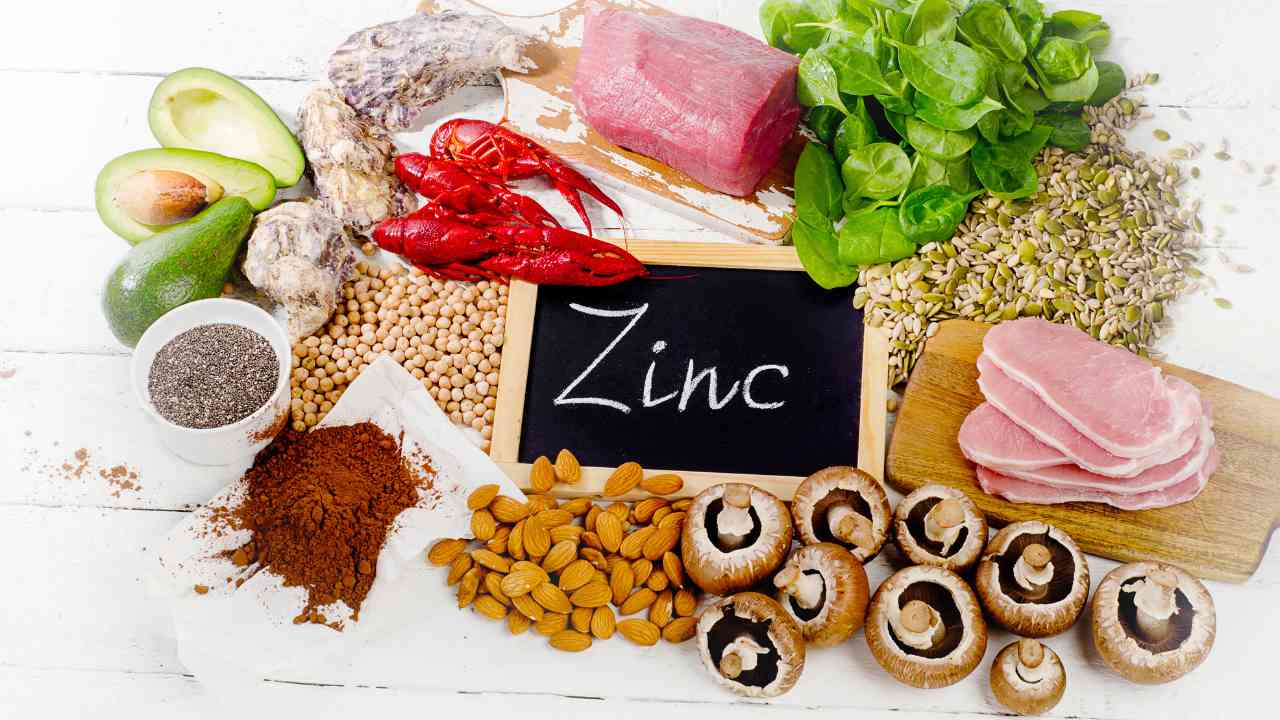
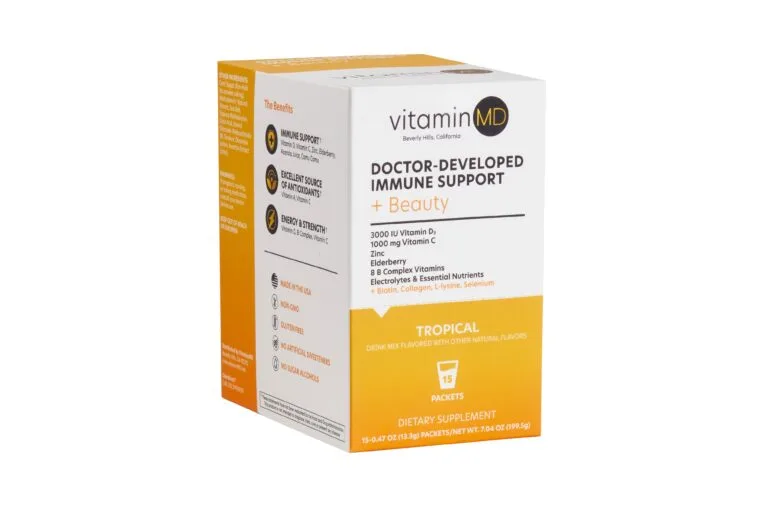
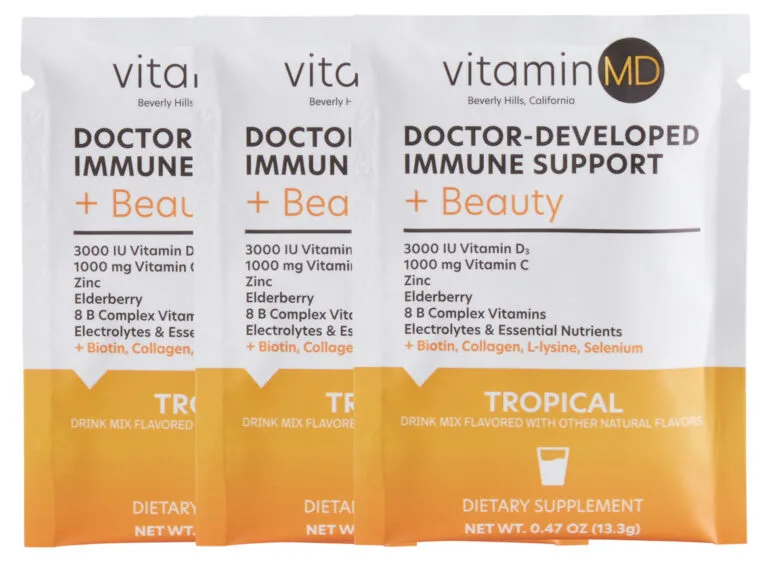
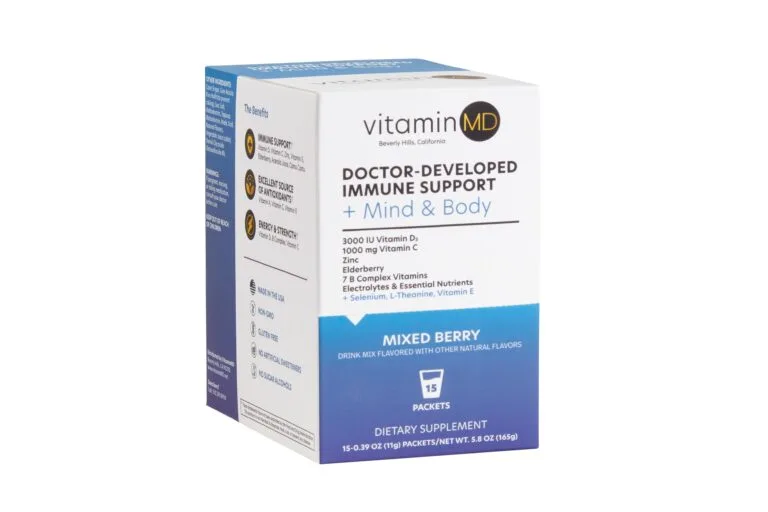
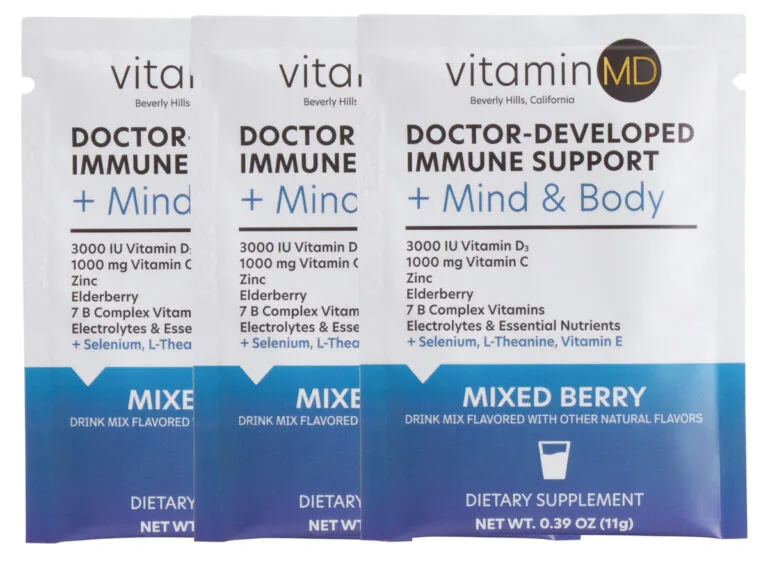
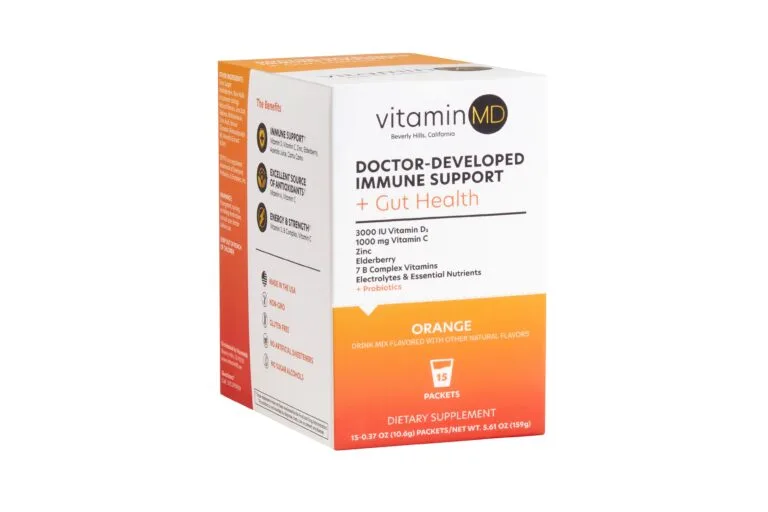
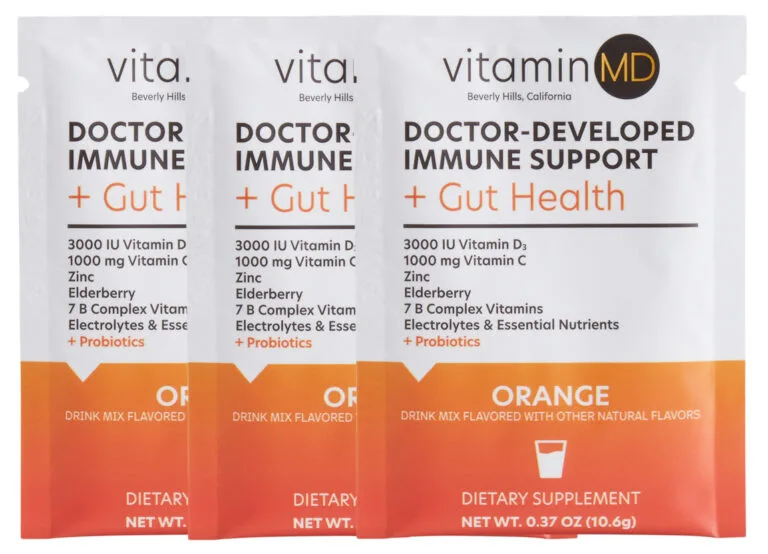




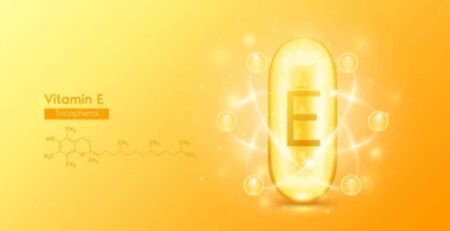
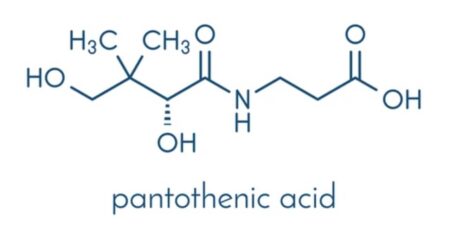


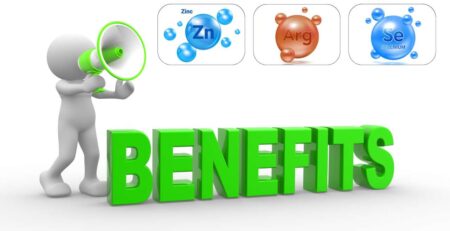

Leave a Reply